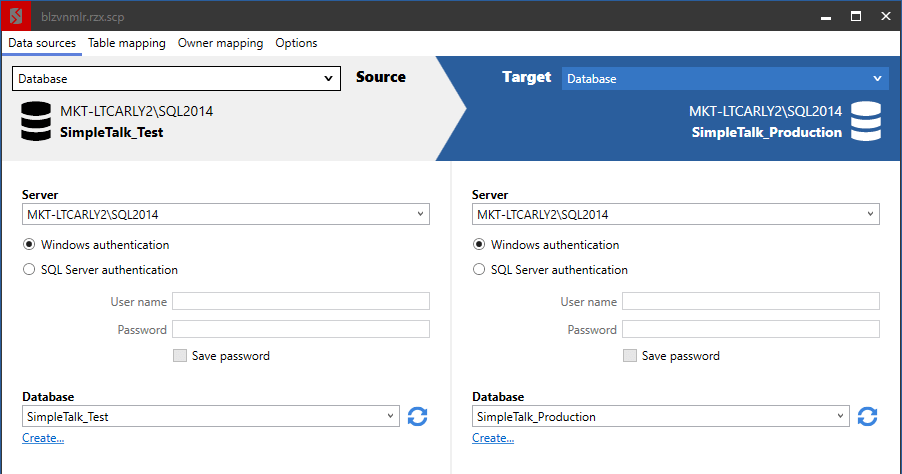
The qualitative analysis is performed on these interviews and opinions by using NVivo 12 software. The study uses interviews and opinions of policymakers and doctors, from the South Asian region, involved in tackling the Covid‐19 crisis. This paper aims to understand the challenges from the Covid‐19 pandemic for South Asia and investigates the strategic and operational responses to this pandemic by policymakers and healthcare professionals, respectively, in South Asia. South Asian countries stand more vulnerable to the pandemic due to their dense population, poor infrastructure, and low surveillance system. It poses a massive risk for the human race across the planet, calling for the need to take measures at the local, regional, national, and global levels. The Covid‐19 epidemic is a public health emergency of international concern. Involving physicians as consultants on an ad hoc basis without regular meeting attendance empowered other team members to take ownership of the IBD Home. Regular in-person meetings helped to strengthen the team. No physicians attended team meetings regularly. Some providers reported increase in their workload (social work, nutrition) while others’ workload was unaffected (gastroenterology, nursing). Later, they developed exclusion criteria and a patient complexity score to manage the volume.


Initially the team enrolled all referred patients. Physicians referred patients with psychosocial comorbidities to the IBD home. Weekly team meetings (N=9☓) included behavioral health providers, nurse practitioners, nurses, dietitians, a clinical pharmacist, and clinical coordinators. Two researchers coded transcripts for themes using NVivo software. All interviews were professionally transcribed verbatim. The multimethod study included direct observations of multidisciplinary team meetings (30 hours over one year) and in-depth interviews with individual team members (N=11) and referring physicians (N=6) around their participation in the IBD home.

The objective of this longitudinal qualitative study was to identify best practices in establishing a specialty medical home in Inflammatory Bowel Diseases (IBD Home). Prior research on specialty medical homes has been cross-sectional and focused on patient outcomes. The Patient-Centered Medical Home model has gained popularity in primary care to provide early effective care to patients with chronic conditions.


 0 kommentar(er)
0 kommentar(er)
